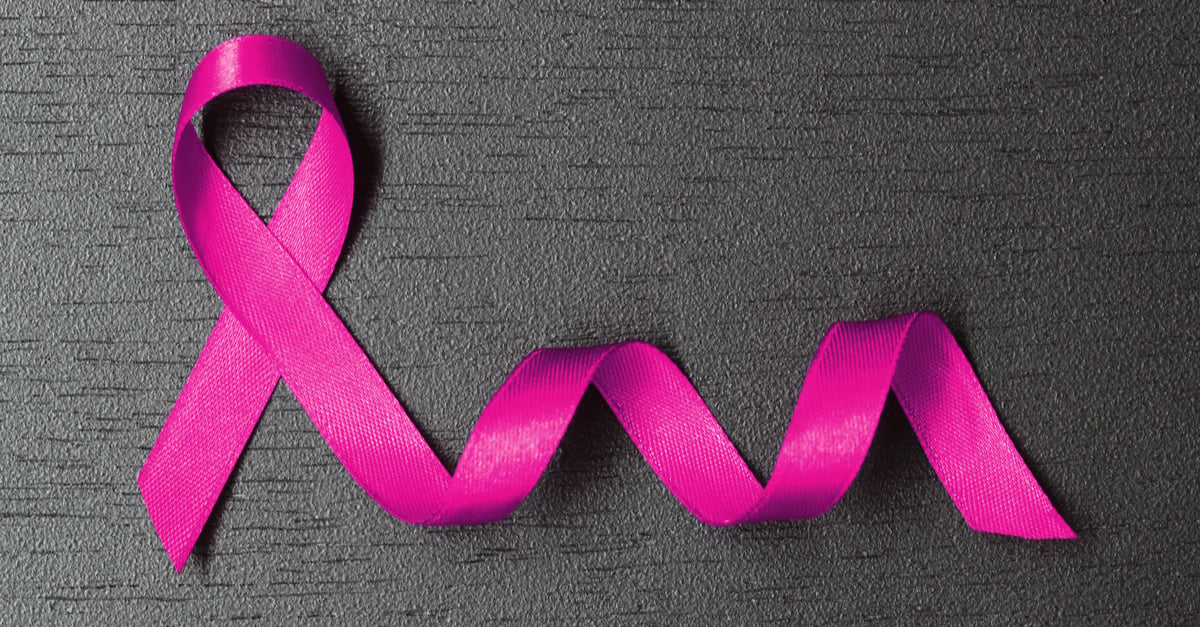Crohn’s Disease: Early Warning Signs
Crohn’s disease is a type of inflammatory bowel disease (IBD). It’s a serious disease, but it’s not life-threatening. Crohn’s is a lifelong condition that’s characterized by a repetitive cycle of remission (where no symptoms are present) and relapse (symptomatic).

Related Topics (ads):
What Causes Crohn’s Disease?
We don’t know what causes Crohn’s disease, but researchers believe that genetics and inappropriate immune responses both play significant roles.
Anyone can develop Crohn’s disease, but some people face a higher risk:
- Most people are diagnosed in their tweens, teens or twenties
- People of Eastern European and Jewish descent
- People who have a family member with Crohn’s
- Smokers
- People who live in industrialized countries (possibly linked to ingestion of processed, ultra-refined foods)
Signs & Symptoms
Mild-to-Moderate Symptoms of Crohn’s Disease
- Diarrhea
- Fatigue
- Reduced appetite
- Stomach pain and discomfort
- Blood in the stool
Severe Symptoms of Crohn’s Disease
- Recurring fever and chills
- Eye pain
- Joint pain and inflammation
- Rashes
- Mouth sores
Getting a Diagnosis
There’s no test that can firmly diagnose Crohn’s disease. Instead, your doctor will perform a series of tests to rule out conditions that have similar symptoms; these tests may include:
A colonoscopy, where the doctor uses a narrow tube with a camera at the end to look at the colon. The doctor may take a biopsy (a small tissue sample) to confirm there’s nothing else going on. They may also take a sample of cells from the colon’s lining to check for inflammation, which is a sign of Crohn’s disease.
A CT scan or MRI to look at the bowel and surrounding tissue and organs.
A capsule endoscopy, where you swallow a small tablet with a camera inside, allowing the doctor to watch your body’s entire digestive process. The camera exits the body naturally when you pass it in your stool.
Blood tests to check for blood, infection, or abnormal bacteria.
Treatment Options for Crohn’s Disease
There’s no cure for Crohn’s disease, but treatments can help improve the symptoms.
Corticosteroids can lessen the symptoms of Crohn’s disease by combating inflammation in the body. They don’t work for everyone, though, and they’re only intended for short-term use.
Like corticosteroids, immune-suppressing drugs, including Methotrexate and Azathioprine, work by reducing inflammation. Unlike corticosteroids, which target inflammation directly, these drugs target the immune system, which is the source of the substances that cause inflammation.
Sometimes, doctors prescribe supplements, like Vitamin B-12, iron, and calcium, to make up for the nutrients lost.
If medications don’t work, surgery is an option. During surgery, the doctor removes the part of the digestive tract that’s most damaged and joins the remaining pieces. The benefits of surgery aren’t usually permanent, and surgery doesn’t completely eliminate symptoms.
If you’re struggling with Crohn’s and you feel you could benefit from support, the Crohn’s & Colitis Foundation can help.